
Ruby Vroom is the debut studio album by American rock band Soul Coughing, released in 1994. The album's sound is a mixture of sample-based tunes. It also features guitar-based tunes like "Janine", "Moon Sammy", and "Supra Genius" and jazzy, upright-bass-fueled songs that often slyly quoted other material—the theme from Courageous Cat on "Is Chicago, Is Not Chicago", Thelonious Monk's "Misterioso" on "Casiotone Nation", and Bobby McFerrin's cover of Joan Armatrading's "Opportunity" on "Uh, Zoom Zip".
Mitchell Froom is an American musician and record producer. He was a member of the bands Gamma and Latin Playboys, and is currently the keyboardist for Crowded House. He has produced albums for several artists, including Richard Thompson, Los Lobos, Suzanne Vega, and Vonda Shepard.

The Burdens of Being Upright is the debut studio album by American singer-songwriter Tracy Bonham, released on March 19, 1996 by Island Records.
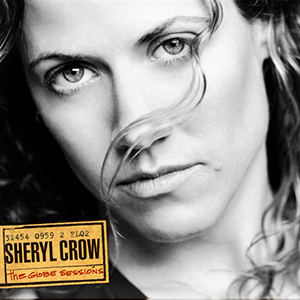
The Globe Sessions is the third studio album by American singer-songwriter Sheryl Crow, released on September 21, 1998, in the United Kingdom and September 29, 1998, in the United States, then re-released in 1999. It was nominated for Album of the Year, Best Rock Album and Best Engineered Non-Classical Album at the 1999 Grammys, winning the latter two awards. The Globe Sessions reached No. 2 on the UK Albums Chart, while peaking at No. 5 on the Billboard 200 chart, achieving US sales of two million as of January 2008. The album was recorded at and named for the sessions recorded at Globe Recording Studio in New York owned by Robert FitzSimons and Tracey Loggia.
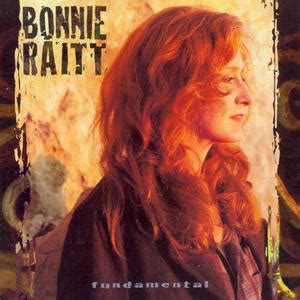
Fundamental is the thirteenth studio album by Bonnie Raitt, released on April 7, 1998, by Capitol Records.
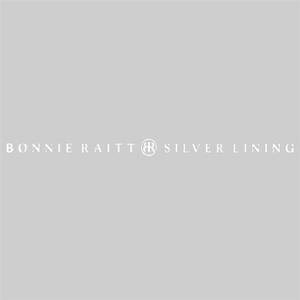
Silver Lining is the fourteenth album by Bonnie Raitt, released in 2002.

Maria McKee is the debut album by American singer-songwriter Maria McKee, released in 1989.

Tracy Kristin Bonham is an American alternative rock musician. Born and raised in Eugene, Oregon, she is a classically trained violinist and pianist, and is also a self-taught guitarist.

Where You Live is the seventh studio album by American singer-songwriter Tracy Chapman, released on September 13, 2005, by Elektra Records. The album was co-produced by Tchad Blake. It produced two singles: "Change" and "America".
Tchad Blake is an American record producer, audio engineer, mixer and musician.

Mirror Blue is the eighth studio album by Richard Thompson, released in 1994.
Andrea Parker is a British electronic music producer, record label proprietor and DJ from Pembury, Kent, England.
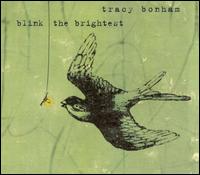
Blink the Brightest is the third album by American singer-songwriter Tracy Bonham. It was released on May 16, 2005, in the UK, and on June 21 in the US.

Slide is the fifth album by Lisa Germano. It was released in 1998 by 4AD, and was her last album for the label.

Nine Objects of Desire is the fifth studio album by American musician Suzanne Vega, released on September 10, 1996 through A&M Records. As with her previous album 99.9F° (1992), it was produced by her then-husband Mitchell Froom. Recording took place at The Magic Shop in New York.

99.9F° is the fourth album by American singer and songwriter Suzanne Vega. Released in 1992, the album marked a departure for Vega, as she embraced a more electronic, experimental sound. It peaked at No. 86 on Billboard magazine's album chart and was Vega's fourth Top 20 album in the UK. The single "Blood Makes Noise" reached number one on the Billboard Modern Rock chart. 99.9F° was the first of two of Vega's albums to be produced by Mitchell Froom, whom she later married.

This Time is a studio album by Los Lobos, released in 1999 on Hollywood Records.
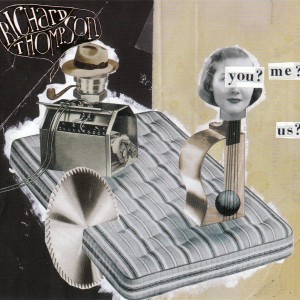
You? Me? Us? is the ninth studio album by British singer-songwriter Richard Thompson released in April 1996 via Capitol Records. It was Thompson's fourth album for the label, his fifth with Mitchell Froom producing and his second to be nominated for a Grammy Award. Thompson's son from his first marriage Teddy sings backing vocals on disc 2.
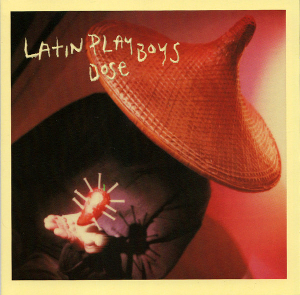
Dose is the second studio album by the American alternative rock band Latin Playboys. It was released on March 2, 1999 on Atlantic Records. The album was produced by Mitchell Froom and engineered by Tchad Blake, both of whom are also members of the band. As the album's engineer, Blake recorded all of the background sounds that appear on the album.

"No Cheap Thrill" is a song by American singer-songwriter Suzanne Vega, which was released in 1996 as the second single from her fifth studio album, Nine Objects of Desire (1996). It was written by Vega and produced by Mitchell Froom. "No Cheap Thrill" reached number 40 in the UK Singles Chart in February 1997, giving Vega her fourth and final UK Top 40 hit.


















